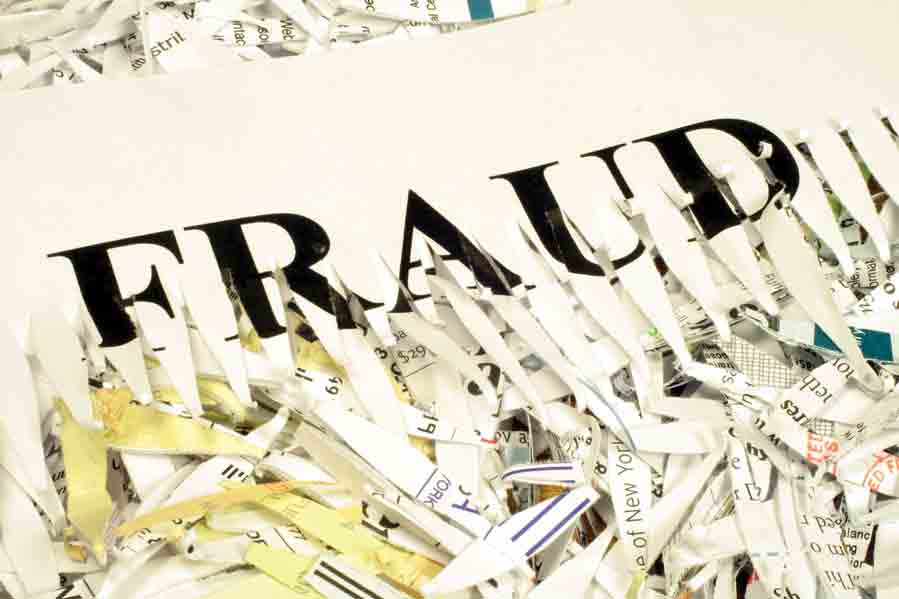Household Bills
Beware charity scammers preying on Turkey and Syria quake disasters

The tragic events in Turkey and Syria have led many of us to donate to charity to help the suffering of those affected. But an industry watchdog has warned that we need to be sure that we’re not falling into the hands of fraudsters.
Fraud watchdog Cifas is cautioning the public to be on the watch for charity fraudsters.
The group said it had heard of fake charities using social media to gather otherwise well-intentioned donations to help the quake victims. The public has been receiving ‘phishing’ campaigns, it said, which trick people into clicking on dangerous links that can extract money and information while thinking they are going to be able to donate cash or even blood.
Amber Burridge, head of intelligence for Cifas, said: “Always think carefully before responding to unsolicited calls, texts or emails, and remember that challenging any requests for money or personal information could keep you safe.”
The group, whose members are lenders, insurers and other financial institutions, urged anyone hoping to donate to use a charity’s official website or the charity register to see if the request is real.
Anyone who fears they’ve been scammed should quickly tell their bank and report it to Action Fraud on 0300 123 2040 or Police Scotland by dialing 101.
Fake phone bills
Another area of concern noted by Cifas was the use of fake phone bill discounts offered during the cost-of-living crisis.
It said fraudsters claiming to be a phone service provider have been telling people that their bill can be reduced. The crooks then extract sensitive financial information they later use to defraud the victim.
If you get an unexpected call of this kind, Cifas advises, hang up and contact your service provider using details found on earlier bills or notices.
Social media minefields
Other current scams involve fake offers through Facebook Marketplace. The criminals claim they will be arranging for a courier to collect and pay for the item. The fake ‘buyer’ then asks the seller to help pay the insurance cost to ship the item, promising to reimburse it when the item arrives. A follow-up email from a fake courier company then includes a link that gives the scammer access to your personal and financial data.
In addition, job offers on the WhatsApp messaging system have been found to be fraudulent, Cifas said. Job seekers see an ad with what looks like a great salary and once they apply, they are asked to provide bank details or identity documents and make a payment for equipment or employment screening checks.
Cifas also said that fraudsters have been turning to LinkedIn and other social media platforms including TikTok and Instagram to pose as financial advisors.
Investment fraud
Cifas also urged people to beware of what look like exclusive investment opportunities and that any pressure to act quickly should be viewed as a red warning flag. (The Financial Conduct Authority has a register of regulated firms and individuals. Check it before sending any money or information.)
“If you think you’ve been the victim of fraud”, Burridge said, “then you must tell your bank immediately and report it to Action Fraud. Only by remaining vigilant can we begin to stop criminals from exploiting the public.”